Dec 26, (V7N) - Seventeen people were killed in violent clashes in Syria's Tartus province on Wednesday as security forces attempted to arrest an officer associated with the crimes of the notorious Saydnaya prison under the deposed regime of Bashar al-Assad.
According to the Syrian Observatory for Human Rights, the deaths included 14 members of the General Security force and three armed men in the village of Khirbet al-Maaza. The officer targeted in the operation, Mohammed Kanjo Hassan, formerly served as the director of the military justice department and field court chief, issuing numerous death sentences and arbitrary rulings against prisoners.
Syria’s new Interior Minister, Mohammed Abdel Rahman, confirmed the deaths of 14 ministry personnel and injuries to 10 others in what he described as "a treacherous ambush by remnants of the criminal regime." The ambush reportedly involved Hassan's supporters, including his brother and local armed men, who intercepted security forces and targeted a patrol vehicle.
The incident highlights ongoing tensions in Syria following the overthrow of Assad earlier this month by the rebel-led coalition, Hayat Tahrir al-Sham (HTS). The new administration has sought to assert control, with efforts to apprehend figures linked to the Assad regime's abuses.
Tartus province, traditionally a stronghold of Assad's Alawite minority, saw resistance from residents unwilling to permit house searches, further escalating the situation. Dozens of people were reportedly arrested in the aftermath of the clashes.
The Saydnaya prison, a symbol of Assad's brutal repression, became infamous for extrajudicial executions, torture, and forced disappearances during his rule. The prison doors were opened following Assad's ouster, exposing harrowing accounts of atrocities committed against dissenters. The fate of tens of thousands of prisoners and missing individuals remains a grim reminder of Syria's decade-long conflict, which has claimed over 500,000 lives.
This latest violence underscores the fragile and volatile nature of Syria’s transition and the deep scars left by years of authoritarian rule and civil war.
END/WD/RH/



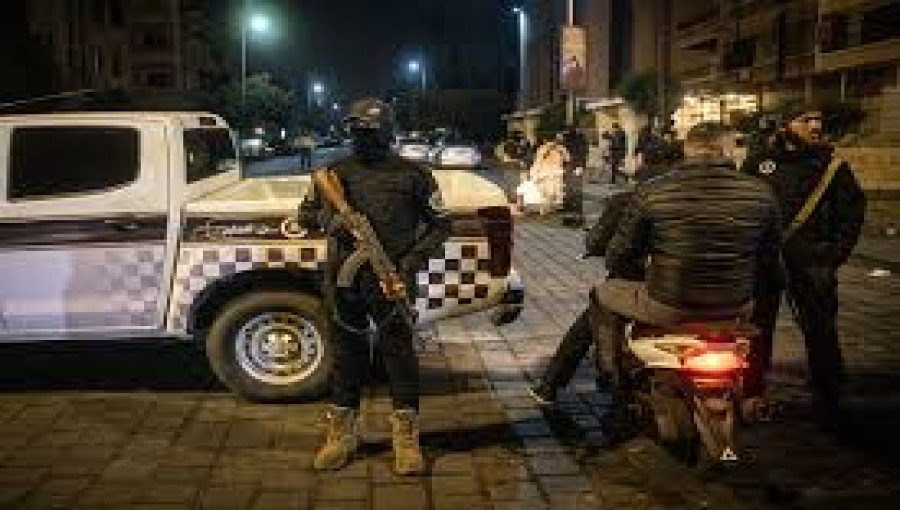
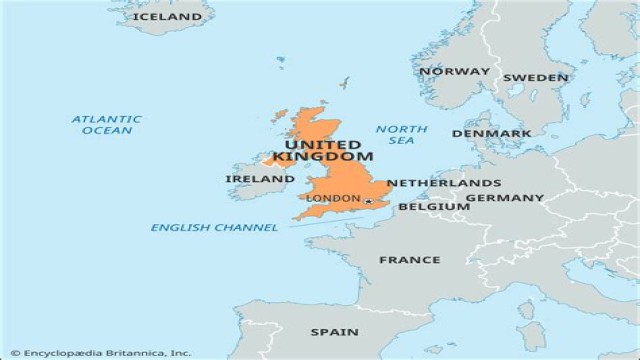
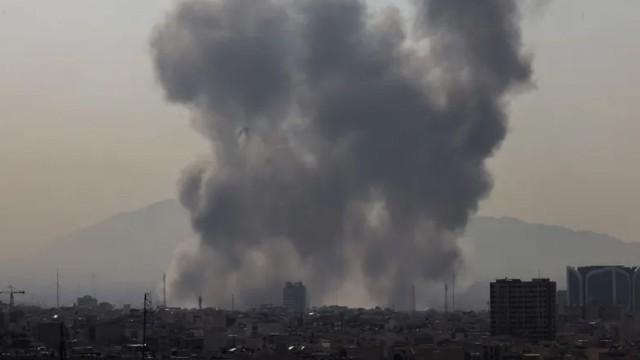
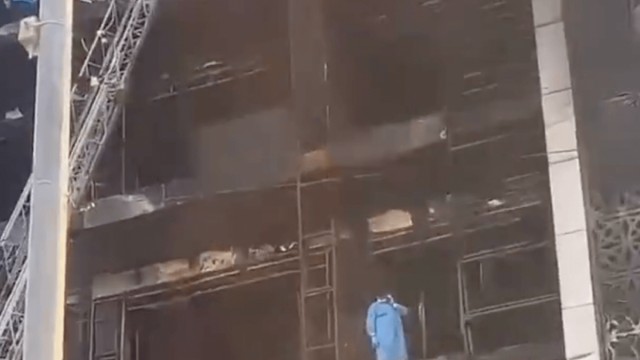


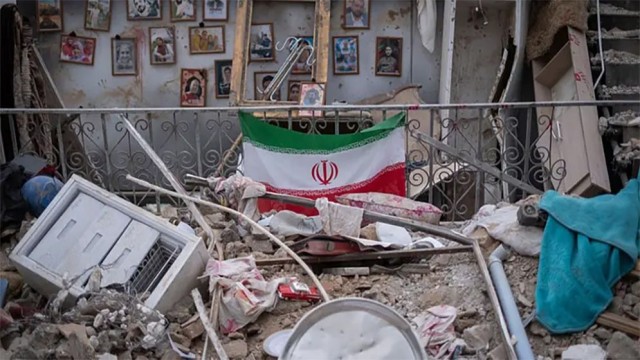


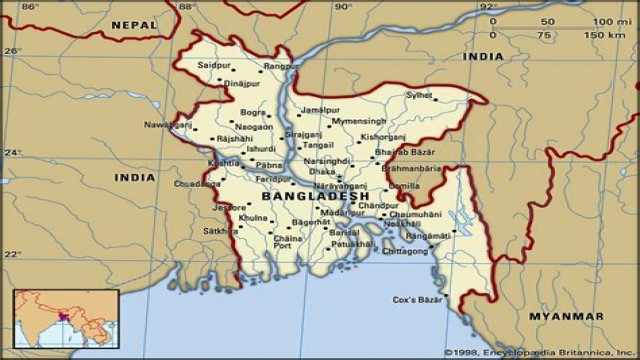
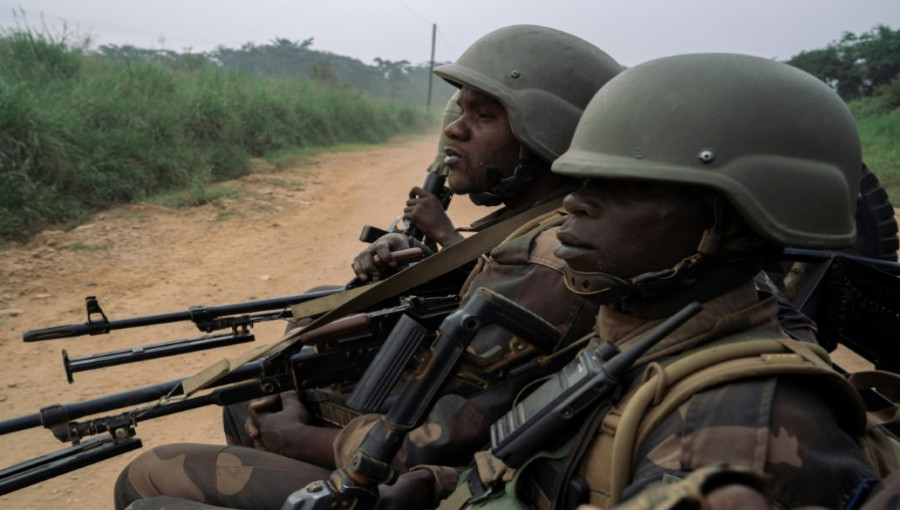












Comment: